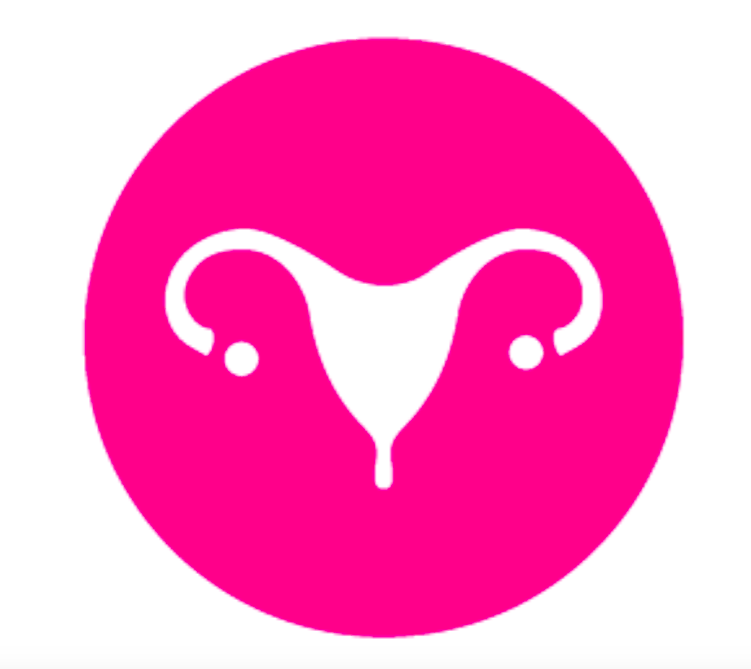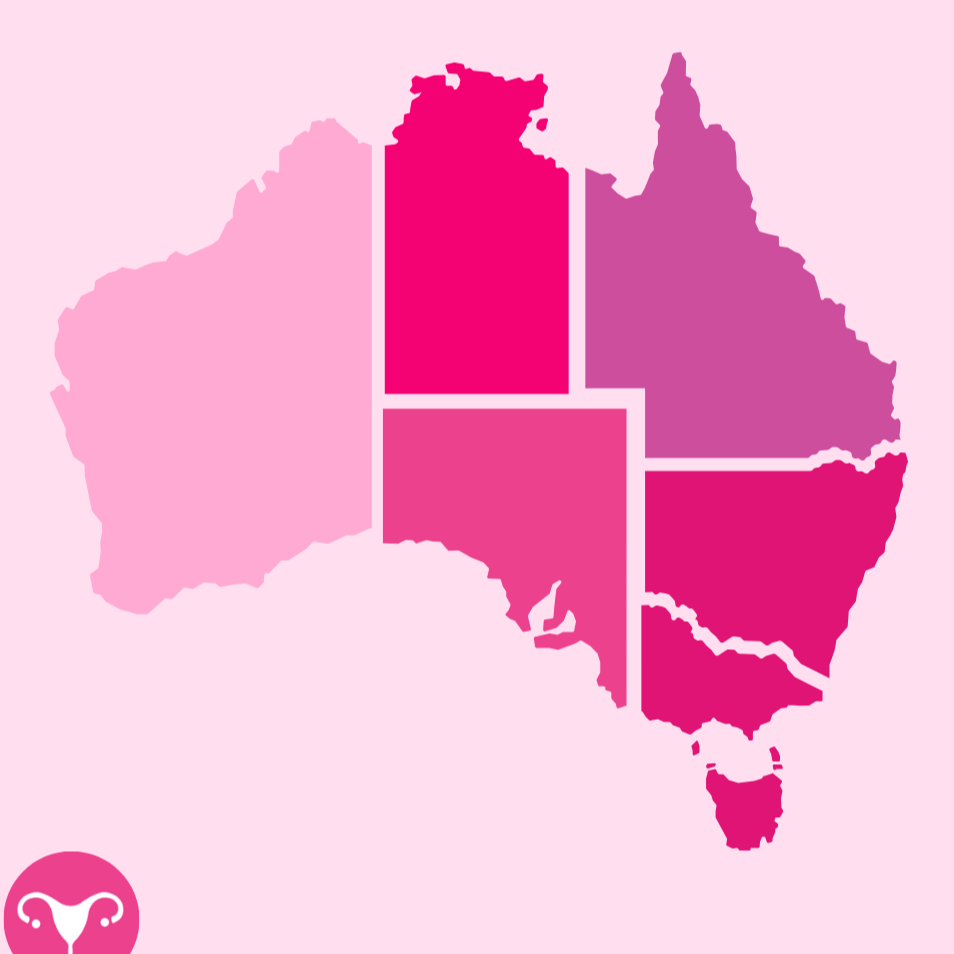Enrol & watch today
Chronic Pelvic Pain
From “hysteria” to closing the gender data gap.
To gain an understanding of why and how women are treated in today’s healthcare and medical profession, it’s important to acknowledge what has happened historically in Women’s Health.
To gain an understanding of why and how women are treated in today’s healthcare and medical profession, it’s important to acknowledge what has happened historically in Women’s Health.
Self-paced webinar content, videos, peer support & more!
Learning Outcomes
This webinar covers both a brief history of the gender data gap for chronic pelvic pain, and how today’s CPP patients can be best managed from a multidisciplinary approach.Between 4-25% of women of reproductive age are affected by CPP throughout their lives - with the onset and causes being extremely varied.Women suffering from CPP report the pain limits home, work, and sexual activity, with many having to take regular medication and miss out on at least one day of work per month.
-
1 What is chronic pelvic pain (CPP), who does it affect, and what are the common causes?
-
2 Awareness of women’s health history, context of treatment approaches & chronic pain science associated with CPP
-
3 Understand the need for comprehensive pre-screening & assessment
-
4 Appropriate exercise prescription guided by comprehensive assessment
5 Understand the importance of a multi-disciplinary approach to CPP
Course Lessons
Meet the speaker
Kiara Roscio
Director, Accredited Exercise Physiologist, and Women’s Health Practitioner of Seed Exercise Physiology, Kiara has a fiery passion for women’s health which drives her to continually power Seed as a sanctuary for women’s health and education.
After completing her bachelors degree, she quickly realised the lack and need for female specific and specialist health services – this is where Seed begins. Kiara went on to study my masters degree in women’s health medicine to further her knowledge on the female body, allowing her to provide highly educated and innovative care to women. As well as seeing clients, Kiara has the privilege of teaching at university and is involved in conducting new research in women’s health, endeavouring to do my part in closing the gender data gap.
After completing her bachelors degree, she quickly realised the lack and need for female specific and specialist health services – this is where Seed begins. Kiara went on to study my masters degree in women’s health medicine to further her knowledge on the female body, allowing her to provide highly educated and innovative care to women. As well as seeing clients, Kiara has the privilege of teaching at university and is involved in conducting new research in women’s health, endeavouring to do my part in closing the gender data gap.
Esme Soan - Course Author



